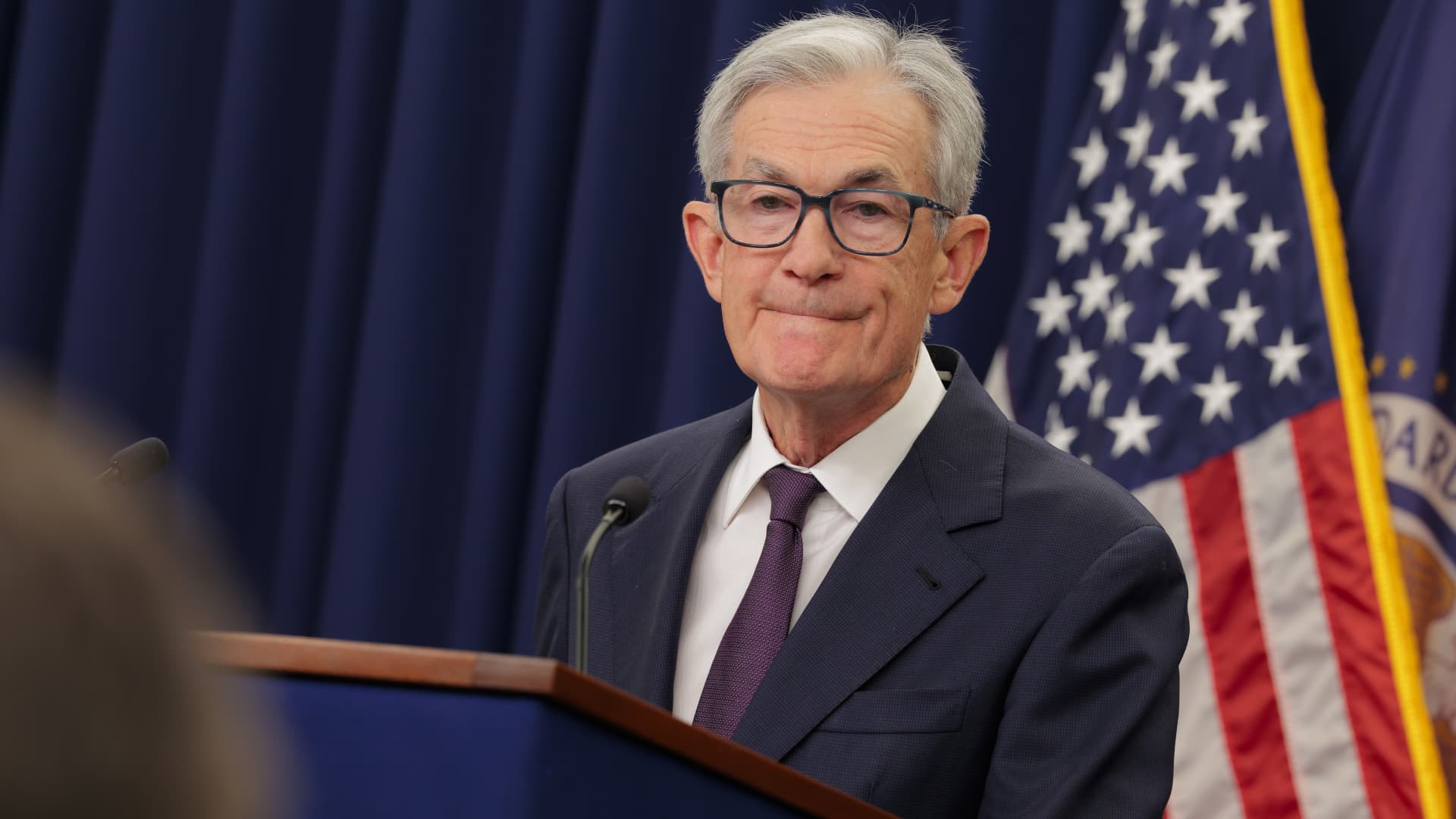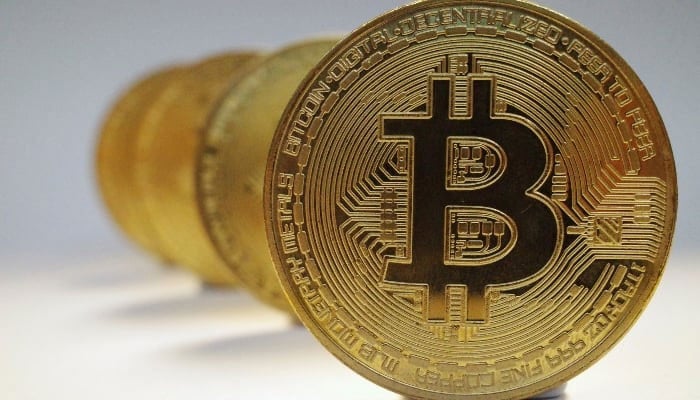Reinforces HSBC’s strategic priorities and long-term investment in Hong Kong
Preserves Hang Seng’s brand, heritage, and distinct customer proposition
- The Proposal includes an offer of HK$155 for each Scheme Share, representing a 33% premium over the undisturbed 30-days average closing price of HK$116.5 per share.
- HK$106 billion privatisation offer values 100% of Hang Seng at HK$290 billion on an equity value basis.
- The Proposal represents a significant investment into the Hong Kong economy and includes a commitment to retain Hang Seng’s brand, heritage, and distinct customer proposition.
- The proposal is in line with HSBC’s strategy to increase leadership and market share in areas where it has clear competitive advantages and the greatest opportunities to grow and support its clients.
- HSBC aims to grow in Hong Kong by strengthening the banking presence of HSBC Asia Pacific and Hang Seng, focusing on their relative strengths and competitive advantages, while allowing all customers to choose where to bank.
All capitalised terms which are used in this press release but not otherwise defined herein shall have the meanings ascribed to them in the Joint Announcement dated 9 October 2025. This press release should be read in conjunction with the Joint Announcement, a copy of which is available here (opens in new window).
9 October 2025 – HSBC Holdings plc (“HSBC Group” or “HSBC”) today announced that HSBC Group, together with The Hongkong and Shanghai Banking Corporation Limited (“HSBC Asia Pacific”), a wholly owned subsidiary of HSBC, has put forward a conditional proposal to privatise Hang Seng Bank Limited (“Hang Seng”) through a scheme of arrangement (the “Proposal”). If approved, the Proposal would result in HSBC Asia Pacific acquiring all remaining shares of Hang Seng held by the minority shareholders and the withdrawal of listing of the Hang Seng shares from the Hong Kong Stock Exchange.
Providing immediate cash returns to Hang Seng minority shareholders at an attractive and significant premium
The Proposal offers a Scheme Consideration of HK$155 for each Scheme Share, representing a 33% premium over the undisturbed 30-days average closing price of HK$116.5 per share. This represents an attractive and significant premium to Hang Seng’s historical trading prices, and analyst consensus targets, and is more than Hang Seng’s highest share price in 3.5 years.
The valuation of Hang Seng implied by the Scheme Consideration is HK$290 billion, representing a 1.8x 1H25A price-to-book multiple, which is significantly higher than comparable Hong Kong peers. This offer is final and will not be increased further, underscoring HSBC’s confidence in the fairness and attractiveness of the offer.
Through this Proposal, HSBC is providing Hang Seng minority shareholders with an opportunity for immediate cash realisation, enabling them to realise the benefits from HSBC’s investment in Hang Seng without needing to wait for future dividends.
Capturing Growth Opportunities in Hong Kong
The Proposal is aligned with HSBC’s strategic priority to grow its business in Hong Kong while becoming simple and agile. Hong Kong is one of HSBC’s home markets and HSBC benefits from the proud heritage and brand strength of both HSBC Asia-Pacific and Hang Seng.
The Proposal represents a significant investment into Hong Kong, which underlines our confidence in the growth potential for both HSBC Asia-Pacific and Hang Seng. The Proposal will unlock opportunities for further investment and improvements in operational leverage.
Preserving Hang Seng’s Brand and Heritage While Unlocking Growth
HSBC recognizes the proud legacy and near-100-year history of Hang Seng and is committed to retaining Hang Seng’s separate authorization as a licensed bank under the Hong Kong Banking Ordinance with its own governance, brand, distinct customer proposition and a branch network. Hang Seng’s existing customers will continue to enjoy Hang Seng’s products and services while gaining greater access to the full breadth of HSBC’s global network and full product suite. This strategic alignment is expected to drive stronger growth by leveraging Hang Seng’s competitive strengths and HSBC’s network and products.
Proposal to be fully funded by HSBC’s own resources
HSBC Group will fund the Scheme Consideration with its own financial resources. The expected day one capital impact of the Proposal is approximately 125 basis points which would arise following the approval of the relevant resolutions by the requisite majority at each of the Hang Seng Court Meeting and the Hang Seng General Meeting.
HSBC expects to restore its CET1 ratio to its target operating range of 14.0%-14.5% through a combination of organic capital generation and not initiating any further buybacks for three quarters following the date of this announcement. A decision to recommence buybacks will be subject to HSBC’s normal buyback considerations and process on a quarterly basis. The share buyback announced on 31 July will continue in accordance with its terms. HSBC continues to target a dividend payout ratio for 2025 of 50% of earnings per ordinary share excluding material notable items and related impacts.
HSBC expects that this investment in Hang Seng will be accretive to earnings per ordinary share.
Georges Elhedery, Group CEO of HSBC, commented:
“Our offer is an exciting opportunity to grow both Hang Seng and HSBC. We will preserve Hang Seng’s brand, heritage, distinct customer proposition and a branch network, while investing to unlock new strengths in products, services, and technology to deliver more choice and innovation for customers. Our offer also represents a significant investment into Hong Kong’s economy, underscoring our confidence in this market and commitment to its future as a leading global financial centre, and as a super-connector between international markets and mainland China.
“This proposal fully meets our criteria for value-accretive investments: it aligns with our strategy, enhances growth and scale, does not distract us from organic growth, and delivers greater shareholder value than buybacks.
“Together, HSBC and Hang Seng form a well-positioned platform with two iconic banking brands working side by side to deliver lasting value for customers, employees, and shareholders.”
Further information on conditions to the Proposal is provided in Hang Seng 3.5 announcement
A Scheme Document will be dispatched to Hang Seng minority shareholders in due course, providing further information on the Proposal. The Scheme will become effective subject to the satisfaction of conditions, including Hang Seng shareholder approvals, and sanction by the High Court.
Further information is provided in the 3.5 Announcement issued by HSBC Group, HSBC Asia-Pacific and Hang Seng earlier today.
Media enquiries:
Aman Ullah
+852 3941 1120
aspmediarelations@hsbc.com.hk
Neil Fleming
+44 (0)7384792051
neil1.fleming@hsbc.com
Note to editors:
HSBC Holdings plc
HSBC Holdings plc, the parent company of HSBC, is headquartered in London. HSBC serves customers worldwide from offices in 57 countries and territories. With assets of US$3,214bn at 30 June 2025, HSBC is one of the world’s largest banking and financial services organisations.
(PDF 165KB)









